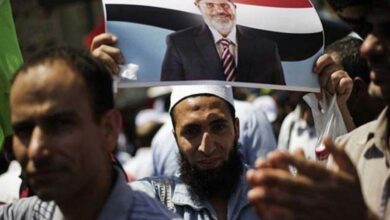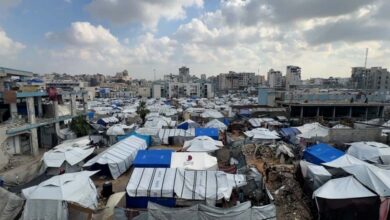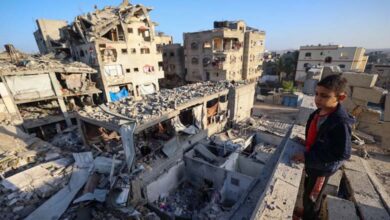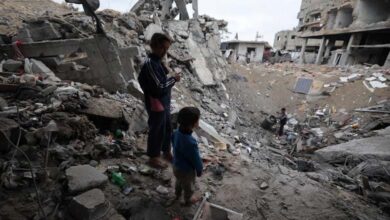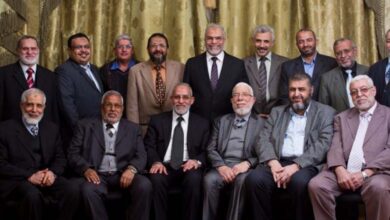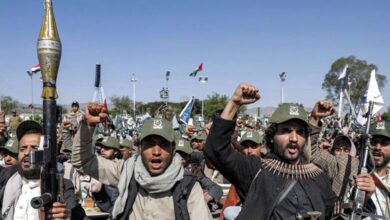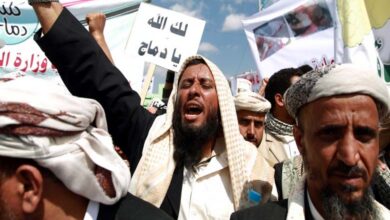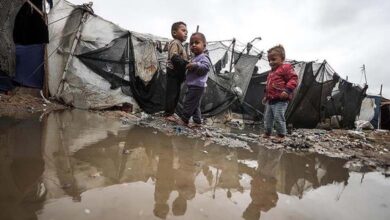Ending the Gaza war: Sinwar seeks resolution based on an organized plan
Sinwar's plan includes the withdrawal of the Israeli army as part of a long-term ceasefire agreement and retaining some of the Israeli prisoners as a bargaining chip for the future
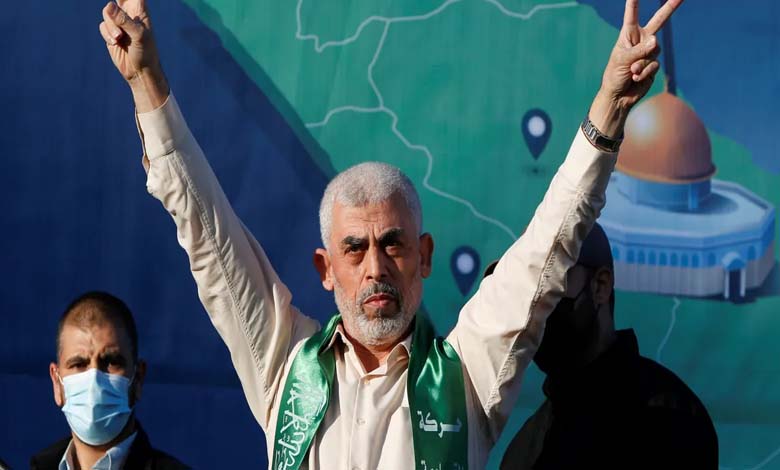
Hamas leader in Gaza, Yahya Sinwar, is working towards ending the ongoing war in the region, which started on October 7. Meanwhile, Israel insists on continuing its ground operation to eliminate the movement. According to official Israeli broadcasting on Friday, Sinwar has an organized plan to end the conflict.
Quoting an unnamed source, the plan “includes the withdrawal of Israeli forces as part of a long-term ceasefire agreement and retaining some Israeli prisoners as a bargaining chip for the future.” The source, as reported by the Hebrew media outlet, claimed that Sinwar “assumes that the first ceasefire did not yield satisfactory results for Hamas, and therefore, he insists on an Israeli withdrawal from the occupied neighborhoods in Gaza and a long-term ceasefire.” The demands of Sinwar within the framework of the mentioned plan are “much more than what Israel is offering to Hamas.”
The source added, “Hamas‘ leader believes that the withdrawal of Israeli ground forces from cities in the northern and southern Gaza Strip will partially restore its ability to lead and control areas already occupied by Israel.” The source further stated, “Israel interprets the reality in the opposite way, but Sinwar is not detached from reality.”
On October 27 last year, the Israeli army launched its ground operation in the Gaza Strip, expanding its scope after the temporary humanitarian ceasefire with Hamas ended on December 1. The operation extended from northern Gaza towards southern areas initially declared as “safe” by Israel, urging Palestinians to evacuate to those regions.
Regarding the Israeli prisoners held by Hamas, the source mentioned in his statements to the Hebrew media that “the movement intends to retain a large number of prisoners as a bargaining chip in the coming stages, anticipating Israel’s return to ground maneuvers after another potential ceasefire.”
-
The rejection of the two-state solution by the Israeli ambassador disappoints the British government
According to the source, the countries mediating in the negotiations with Hamas (referring to Qatar and Egypt) believe that the war “is approaching its final stages.” However, Hamas is also “preparing for the possibility of the war continuing for a long period.”
In recent days, official and private Israeli media have reported on a possible ceasefire agreement soon to be concluded between Israel and Hamas in Gaza. The agreement may include the release of prisoners from both sides, under the sponsorship of Egypt and Qatar.
On Thursday, Israeli officials said that Tel Aviv “is considering improving the offer presented to Hamas regarding a possible temporary ceasefire between the two parties, including a ceasefire for more than two weeks, to persuade Hamas to release more hostages it holds.” This was reported by the Israeli broadcasting authority.
These reports come at a time when Hamas insists on rejecting any negotiations for a prisoner exchange without a complete cessation of hostilities. Prime Minister Benjamin Netanyahu has repeatedly stated that the war on Gaza “will not stop until its goals are achieved.”
On Thursday, Israeli Defense Minister Yoav Galant announced that “about 129 detainees are still in Gaza.” According to Israeli statistics, Hamas captured about 239 individuals during its attack on southern Israel on October 7. Dozens of them were exchanged during a temporary humanitarian ceasefire that lasted for seven days until December 1 with Israel, which currently detains 7,800 Palestinians, including children and women.
Since October 7, the Israeli army has been waging a destructive war on Gaza, resulting in, as of Friday morning, “20,057 martyrs and 53,320 wounded, mostly children and women.” The conflict has caused massive infrastructure destruction and an unprecedented humanitarian catastrophe, according to authorities in the Gaza Strip and the United Nations.


